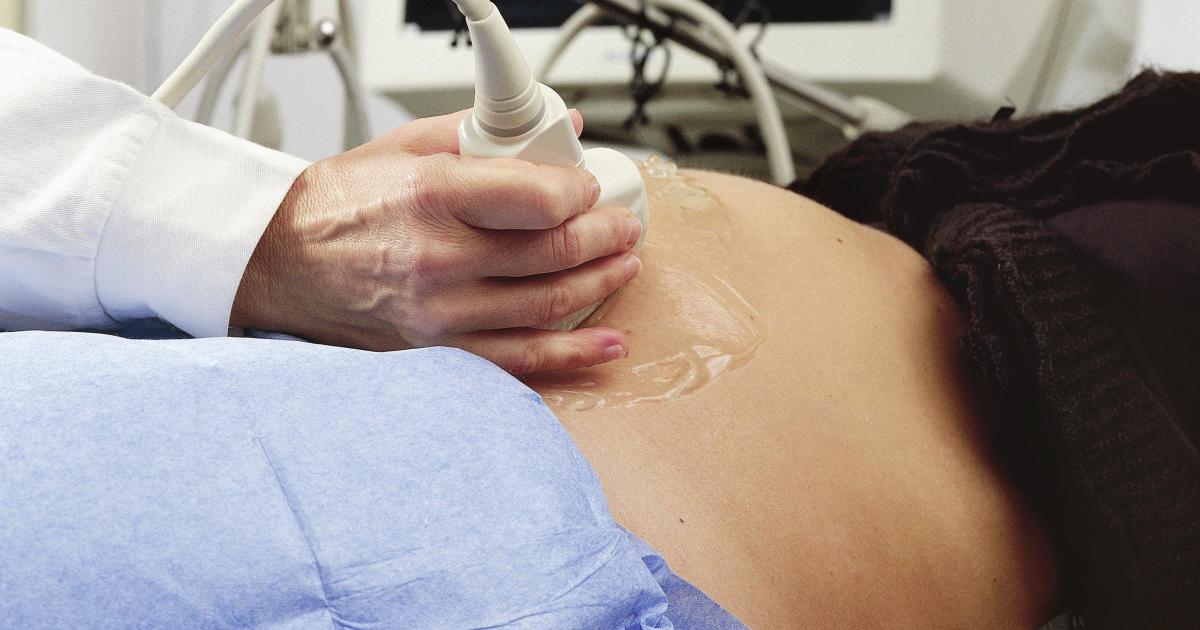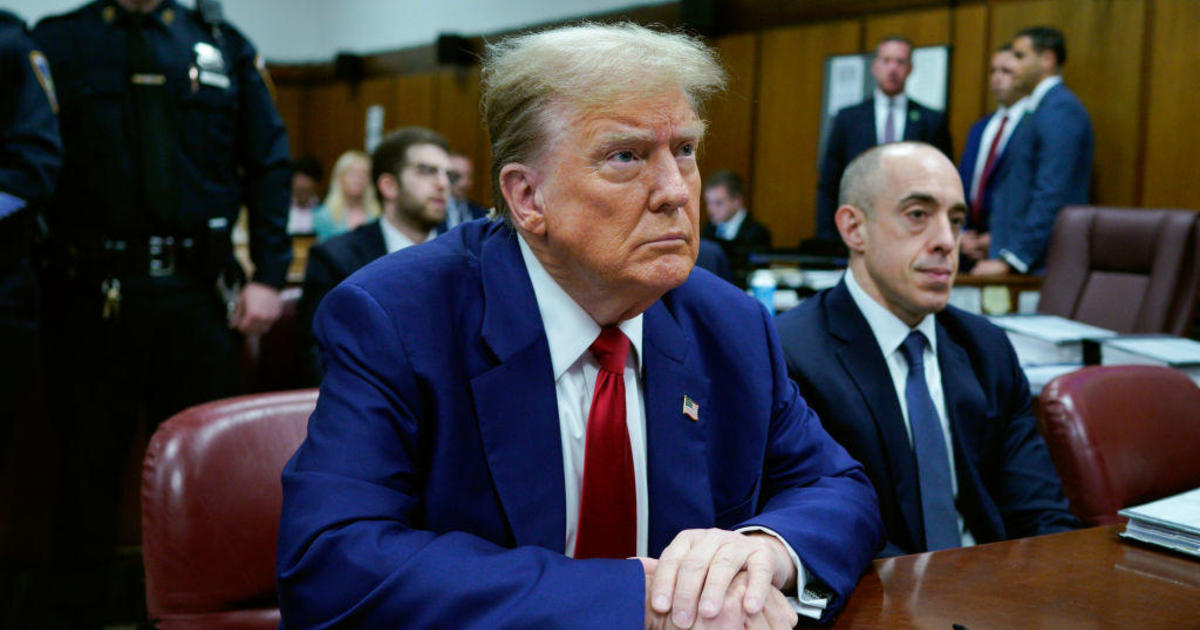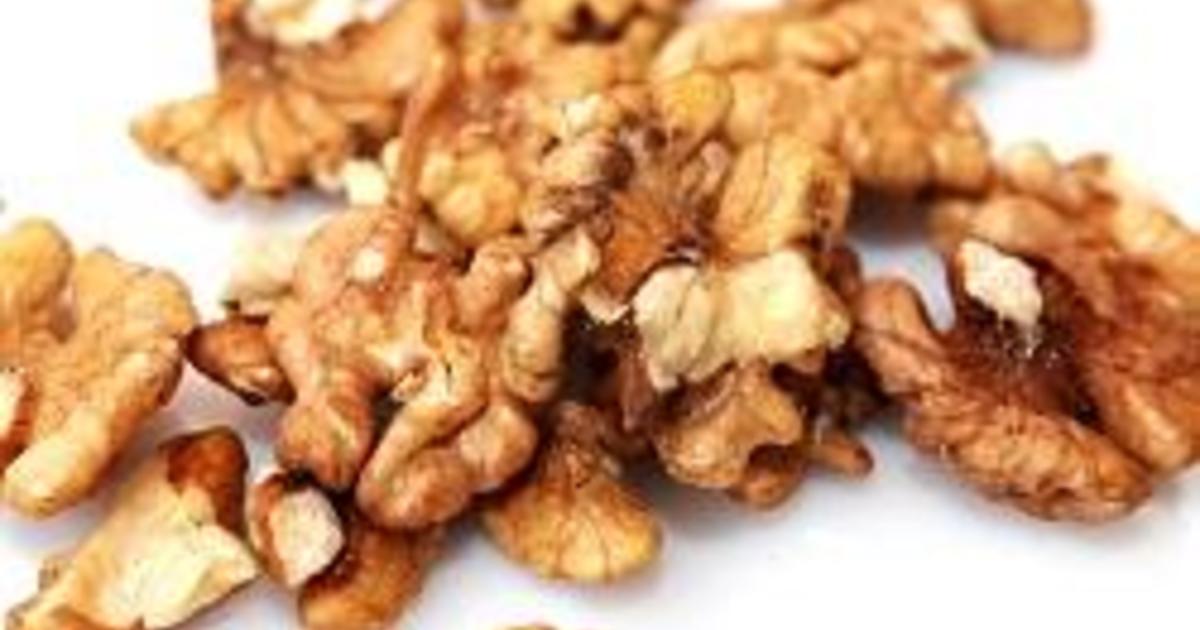Surgeon general cites antibody treatment for Trump's delay in getting vaccine
Washington — Amid questions about when President Trump will receive the coronavirus vaccine following the rollout of Pfizer's version last week, U.S. Surgeon General Dr. Jerome Adams said the president has a "medical reason" for not getting vaccinated yet, citing an experimental antibody treatment he was given while recovering from COVID-19 in October.
"From a scientific point of view, I will remind people that the president has had COVID within the last 90 days," Adams told "Face the Nation" on Sunday. "He received monoclonal antibodies and that is actually one scenario where we tell people, 'Maybe you should hold off on getting the vaccine, talk to your health provider to find out the right time.' Politics aside, there is a medical reason."
The president spent three days at Walter Reed National Military Medical Center in October after testing positive for COVID-19. As part of his treatment, Mr. Trump received the monoclonal antibody treatment developed by Regeneron Pharmaceuticals.
After receiving authorization for emergency use from the Food and Drug Administration on December 11, Pfizer rolled out its first shipments of its two-dose coronavirus vaccine, developed in partnership with Germany's BioNTech. Front-line workers were the first to be vaccinated, and members of Congress have begun to get their first shot in the arm. Residents of long-term care facilities will also be the first to receive vaccines.
On Friday, Adams, Vice President Mike Pence and second lady Karen Pence received their first dose of Pfizer's coronavirus vaccine on live television, which was meant to build public confidence. President-elect Joe Biden and Dr. Jill Biden will get vaccinated Monday.
But the White House has not said when the president or first lady, who was also infected with the virus, would get the vaccine.
"I got vaccinated, the vice president got vaccinated, and plenty of Republicans look at him and see him getting vaccinated, and I hope that people will talk to their trusted health providers and get the information they need to make an appropriate choice to help us reopen our economy and to get back to normal and to save lives," Adams said.
The rollout of Pfizer's vaccine marked the start of the biggest vaccination campaign in the nation's history. The FDA also issued an emergency use authorization for a coronavirus vaccine developed by Moderna on Friday, and 6 million doses are set to begin shipping out Sunday.
Part of the challenge for public health experts and elected officials is persuading Americans to get vaccinated, particularly in communities of color that have been disproportionately affected by COVID-19 and among undocumented immigrants hesitant to come out of the shadows to get the shot.
Adams said the federal government is working with historically Black colleges and universities, the National Hispanic Medical Association and tribal leaders to provide education about the vaccines and build trust.
When it comes to ensuring undocumented immigrants receive the vaccine, Adams said he has been assured that "your information when collected to get your second shot if you get the Pfizer or Moderna vaccine will not be used in any way, shape or form to harm you legally."
"No one in this country should be denied a vaccine because of their documentation status," Adams said. "Because it's not ethically right to deny those individuals."
While the roll out of Pfizer's and Moderna's vaccines marks a new chapter in the ongoing pandemic, a new coronavirus strain was discovered in Europe, prompting more stringent restrictions in parts of the United Kingdom.
Remarking on the new variant, Adams noted that viruses mutate "all the time."
"That does not mean that this virus is any more dangerous. We don't even know if it's really more contagious yet or not, or if it just happened to be a strain that was involved in a super-spreader event," he said. "Right now, we have no indications that it is going to hurt our ability to continue vaccinating people or that it is any more dangerous or deadly than the strains that are currently out there and that we know about."
Adams stressed it's vital for people to continue following public health guidelines, including washing their hands, wearing a mask and maintaining distance from others.
"If this is a mutation that is more contagious, then that just means that we need to be that much more vigilant while we wait to get vaccinated," he said.



